Regenerative Medicine
"Organ-on-a-chip” technology: the promising new face of preclinical testing and drug development"
By Dr. Shripriya Singh Biotechnology Kiosk, Volume 1, Issue 1, June (2019)
Stem cell derived organoids have been instrumental in studying the molecular mechanisms and pathophysiology of diseases and find widespread application in regenerative medicine. However, an isolated organoid is not capable of mimicking the complex physiology that exists within a human body and the absence of vasculature further restricts the profiling of drug metabolism. “Organ-on-a-chip” technology is the emerging trend in the field of clinical/medical research that has partially brought the long-standing financial feud to an end and has “Organ-on-a-chip” is simply the amalgamation of software designing, microfluidics, 3D organotypic system culture and tissue engineering.

Molecular Diagnostics in Neurodegeneration
Neurodegenerative disorder detection based on Bodily Fluids
By Dr. Navneeta Kaul
Biotechnology Kiosk, Volume 1, Issue 2, July (2019)
Early diagnosis and detection could limit the progression of several neurodegenerative diseases. However, clinical diagnosis and management have been a daunting challenge, due to the complex nature and manifestations of these diseases. Current diagnostic tests involve using invasive and painful tests including lumbar puncture or genetic analysis. Intense research efforts are underway to seek biomarkers that could allow early and easy detection of the neuro-disorders [1]. In this article, we discuss several promising bodily fluid candidates including Cerebrospinal fluid (CSF), Blood, Urine, Saliva and Tears for early diagnosis of several neurodegenerative disorders.

Cancer Biotechnology
Liquid biopsy- a revolutionary tool in cancer therapy
By Dr. Progga Sen
Biotechnology Kiosk, Volume 1, Issue 2, July (2019)
Precision medicine is a gradually developing field that utilizes specific genetic information of patients to devise treatment methodology. Cancer is no exception, in a majority of the cases, there are genetic mutations involved in the incidence and maintenance of cancer in addition to external/environmental factors. Understanding the underlying genetic aberration(/s) in individual cancer patients can fine-tune their treatment strategies- can bring us one step closer to determining the right therapy for individual patients.
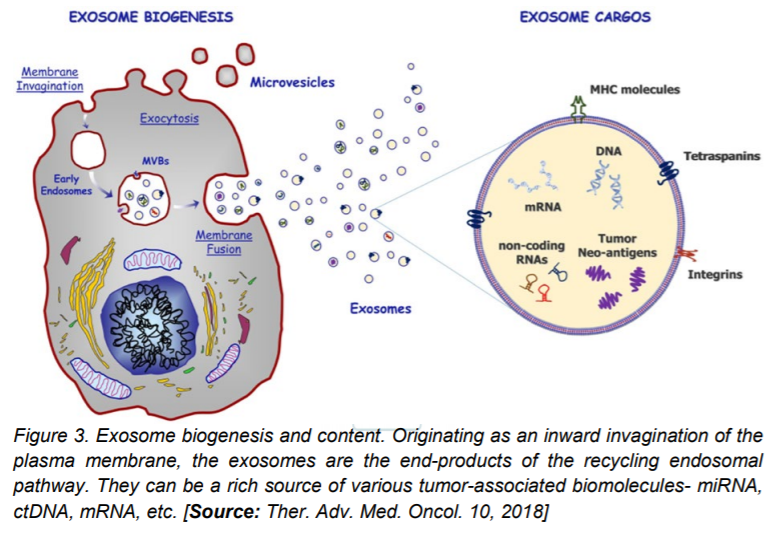
Genetic Engineering
Exciting Avenues of Programmable bacteria for cancer therapy
By Dr. Navneeta Kaul
Biotechnology Kiosk, Volume 1, Issue 3, August (2019)
Genetic engineering of living cells is leading a new era of medicine. Using genetic engineering, scientists have programmed bacteria as a therapeutic delivery system to destroy tumors in mice (1). So far, designing a safe, efficacious, anti-tumor response without toxicity and within a solid tumor has remained a challenge. However, recent research has demonstrated that bacteria could be programmed as an effective cancer therapy. In this editorial, we will describe recent advances made in genetic engineering of bacteria for cancer therapy.

Immunotherapy
Harnessing the potential to fight from within-Immunotherapy advances in cancer treatment
By Dr. Paromita Raha
Biotechnology Kiosk, Volume 1, Issue 3, August (2019)
The positive and negative regulators of both innate and adaptive immune cells work in concert through multiple interactions to recognize and eradicate tumor cells. Thus, immunotherapy offers hope in cancer treatment. To this end, biotechnologists together with immunologists are working on challenging medical problems to innovate new therapeutic pathways for cancer therapy. In this editorial, we will discuss recent advances in immunotherapy that are mostly based on countering the pro-tumor properties of the negative regulators of the immune system, to enhance their anti-tumor response.

Bio Robotics
Micro-Robotics Can Be a Game Changer in Analyzing and Manipulating Single Cells for Next Generation Life Sciences
By Dr.Sathyanarayanan Sridhar
Biotechnology Kiosk, Volume 1, Issue 5, October (2019)
A robot is a pre-programmed device, which can elicit a specific response either upon manual stimulation or autonomously. The field of robotics offers a number of applications including remote controlled toys and humanoid robots, to name a few. Robotics based approaches are making tremendous impact in today’s medicine and biomedical technologies. In particular, surgical robots are becoming more common enabling high precision and minimally invasive surgeries.
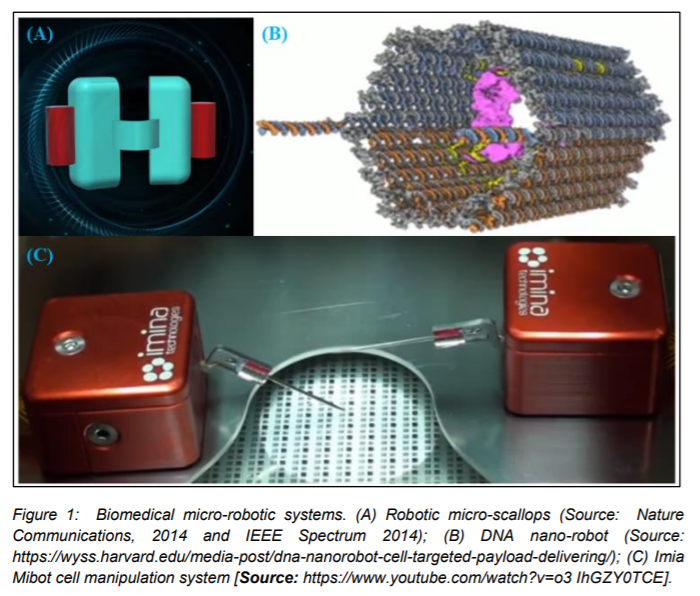
Synthetic Biotechnology
Advances in Synthetic Biology to Manipulate Living Systems
By Peeyush Prasad
Biotechnology Kiosk, Volume 1, Issue 7, December (2019)
Imagine a future where you can create anything by manipulating living system and we will reach up to the idea of genetically modified organism. But how about creating new life forms for getting desired things such as life-saving cancer drugs, fuels, sensors, diagnostics, enzymes, storing data and electricity? Here, we are talking about synthetic life which started from few people’s bold attempt to understand what life is at its very basic level.
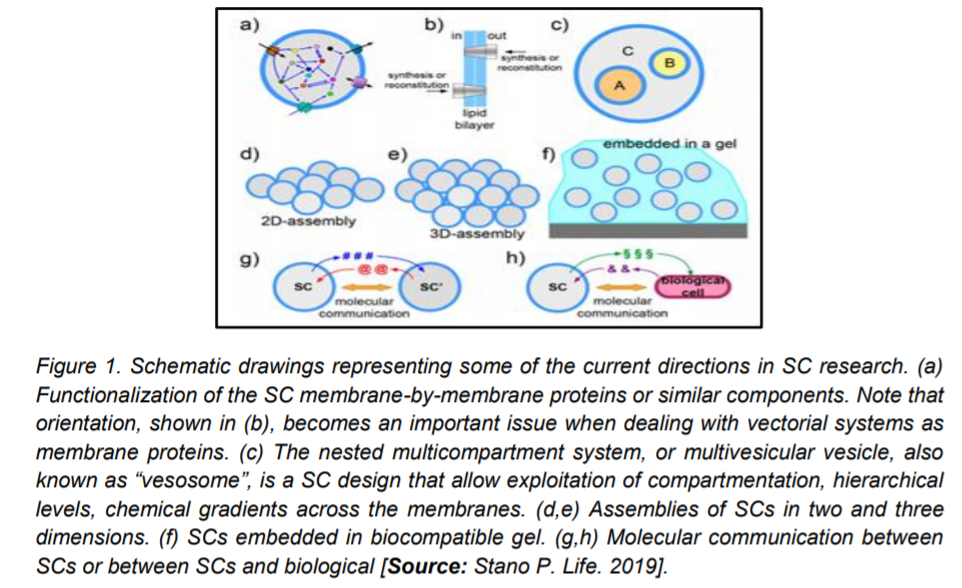
Epidemiology & Therapeutics
Innovations in Therapeutics to Control COVID-19
By Shyamasri Biswas
Biotechnology Kiosk, Volume 2, Issue 4, April (2020)
The current COVID-19 pandemic has triggered innovations in therapeutic strategies that are thought to provide viable and faster pathways to cure infected people by the deadly virus, SARSCoV-2. In this review, we have described the known epidemiology along with the discovered genome structure and viral factors of SARS-CoV-2. Further, the latest innovations in therapeutics including significant breakthroughs in clinical trials on antiviral drugs, rendesivir and chloroquine including the combination drugs have been highlighted.
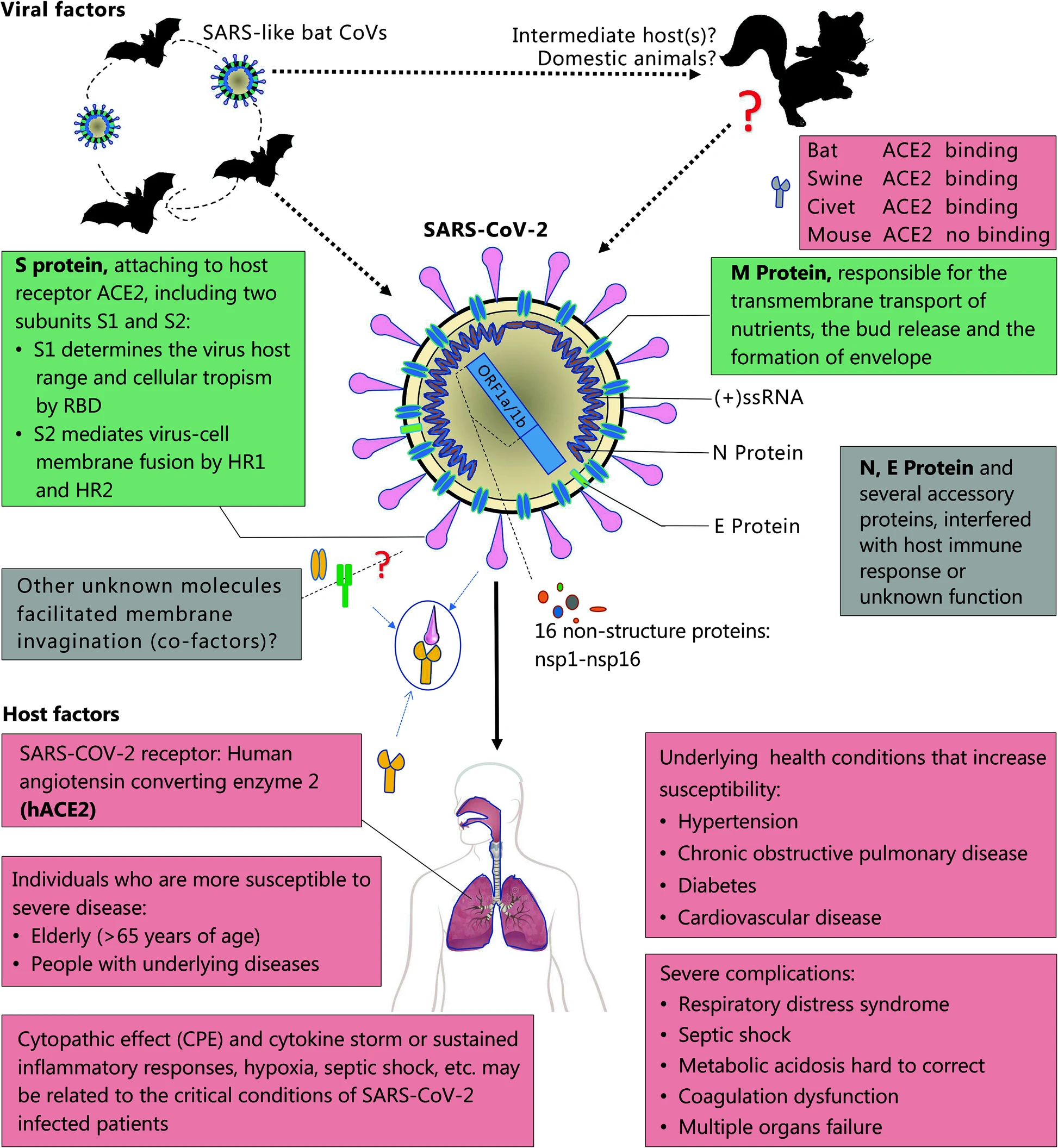
Medical Diagnostics For COVID-19
The Need for Next Generation Diagnostic and Surveillance Technologies to Battle SARSCoV-2 Pandemic
By Megha Agrawal
Biotechnology Kiosk, Volume 2, Issue 4, April (2020)
The existing diagnostic practices are mainly based on real-time fluorescent PCR (RT-PCR), which is considered the clinical standard for SARS-CoV-2 nucleic acid detection. Here, we present an overview of the current state-of the-art of diagnostics of SARS-CoV-2 and the limitations of the existing technologies. We describe the emerging new promising diagnostic technologies that overcome the limitations by offering rapid, point-of-care diagnostic abilities for patients.

Food & Health Science
The tussle between the developing adolescent brain and dietary choices: who’s the target who’s the trigger?
By Shripriya Singh
Biotechnology Kiosk, Volume 2, Issue 4, April (2020)
Teen brain health and dietary choices comprise an interesting read for all. The adolescent brain is not completely developed and these underdeveloped structures largely influence behavior, cognition and dietary controls. The current article describes the unique complimentary relation between teen brain development and dietary choices. The developing teen brain is characterized by underdeveloped decision-making capabilities, heightened reward system and limited restraint which compels them to eat poorly and in turn negatively impacts the normal functioning of the neurological processes.
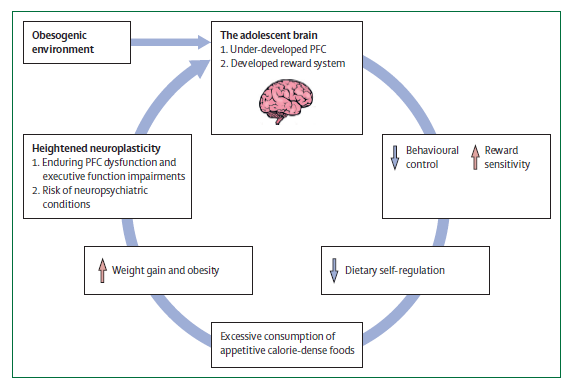
Alternative Medicine
A Proposed Herbal Formulation: Targeting to Strengthen Inner Immunity to Fight Infectious Diseases
By Balaram Mohapatra
Biotechnology Kiosk, Volume 2, Issue 4, April (2020)
Use of herbal medicine largely relies on bioactive formulations of medicinal herbs, which can provide a viable alternative for elevating person’s targeted immune response and reducing pathophysiology (Samy et al. 2008; Agrawal et al. 2010). Herbal medicines could be beneficial in improving the immune system and stimulating immunomodulatory response of human body to fight against infectious diseases (de Mejia et al. 2009; Lee et al. 2015). Especially, in these difficult times of COVID-19 pandemic, use of appropriate herbal formulations could be an advantageous pathway to boost the immune system to mitigate the disease. This could be an alternative form of therapeutics in the absence of any proven therapeutics or vaccines that are not yet available to break the infection chain of Coronavirus.
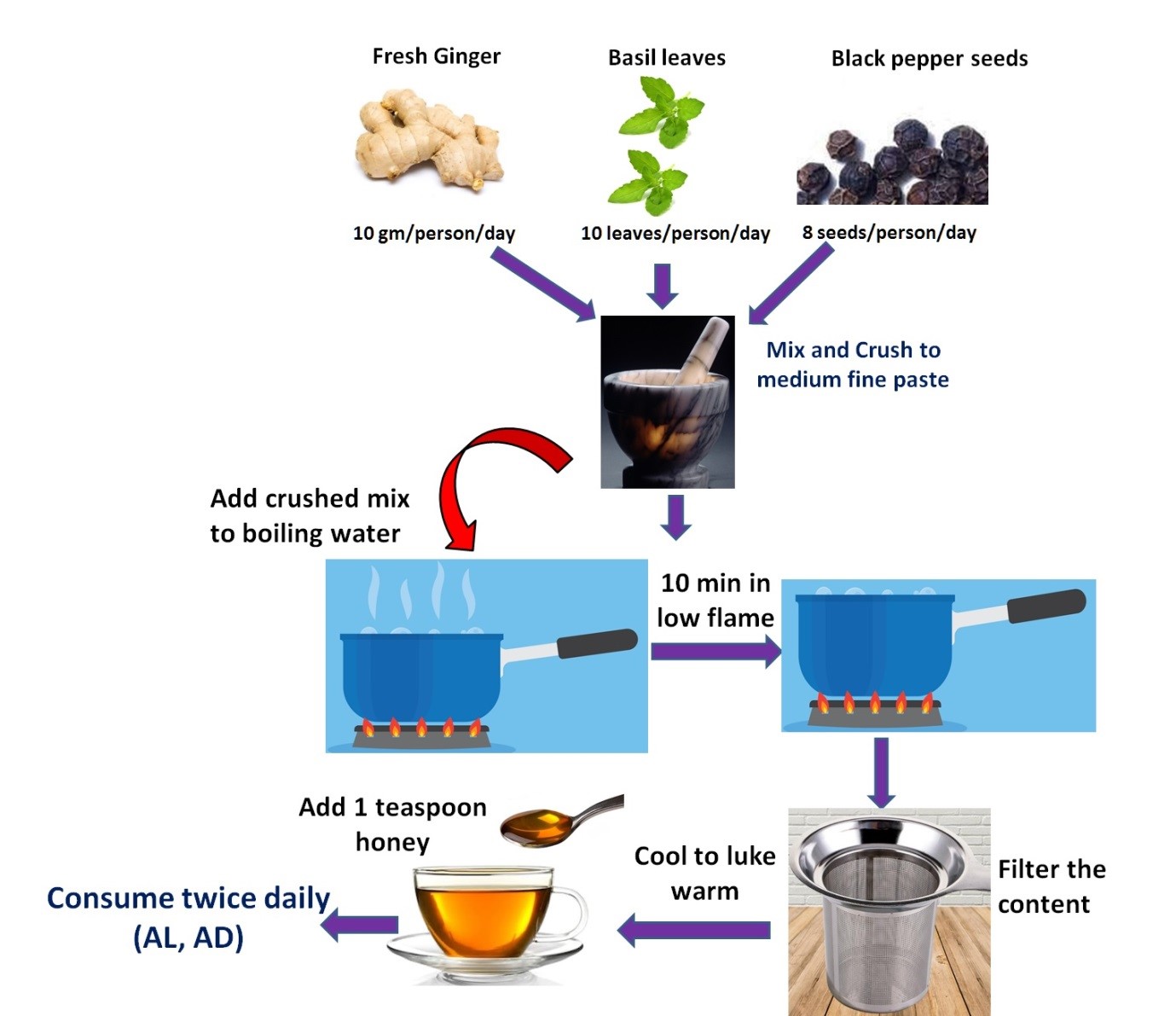
Proteomics, Digestive Diseases & Metabolism
Can Intermittent Fasting Protect against Cancer, Metabolic Syndrome, Cognitive and Neuropsychiatric Diseases?By Dr. Megha Agrawal
Biotechnology Kiosk, Volume 2, Issue 5, MAY (2020)
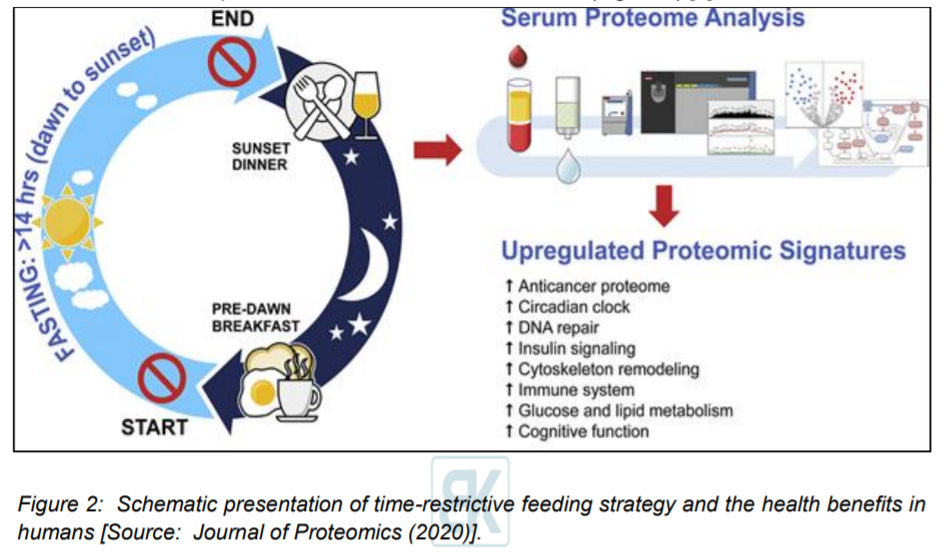
Protein Engineering
Designer Proteins for New Vaccines and TherapeuticsBy Dr. Shyamasri Biswas
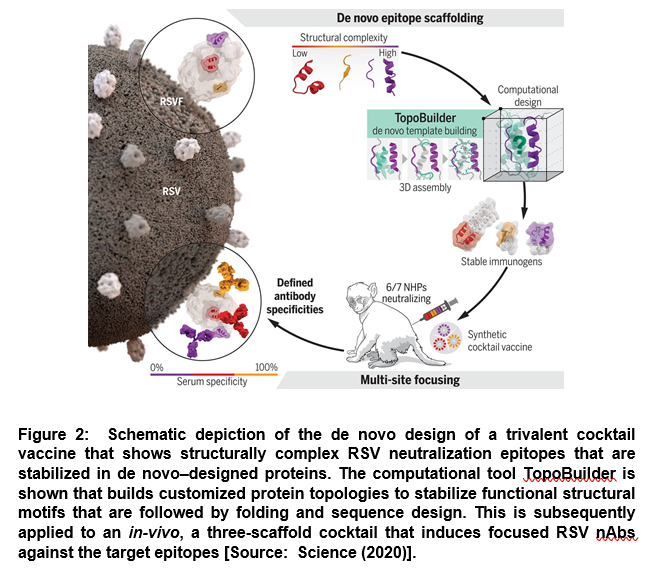
Aging
Worries make you look older: unraveling the science that connects stress with graying in human beings
By Dr Shripriya Singh
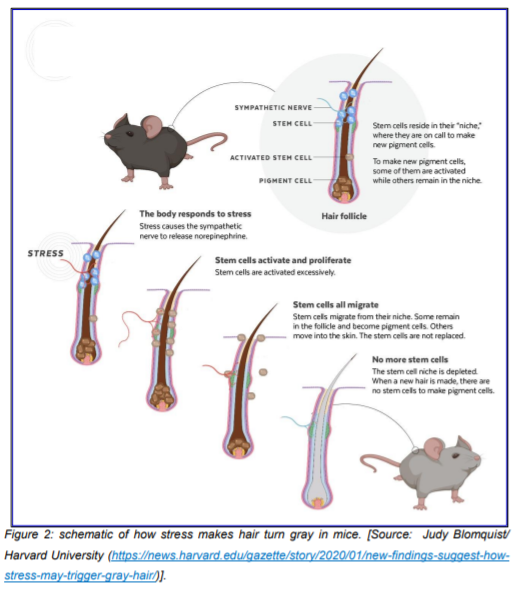
Myocardial complications and COVID-19 infections
Impact of COVID-19 on cardiovascular patients
By Dr. Sangeeta Chakraborty
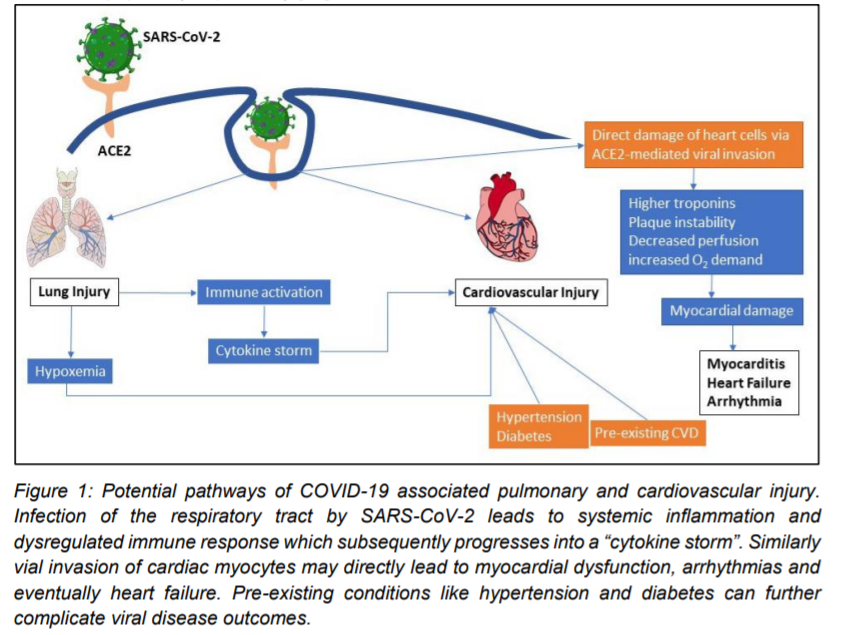
COVID-19 and Brain Health
Global pandemic takes a toll on our brain health: how unexpected uncertainty makes you vulnerable to paranoiaBy Dr. Shripriya Singh

COVID-19 and Antibodies
Neutralizing antibodies: Viable treatment modality for COVID-19By Dr. Sangeeta Chakraborty
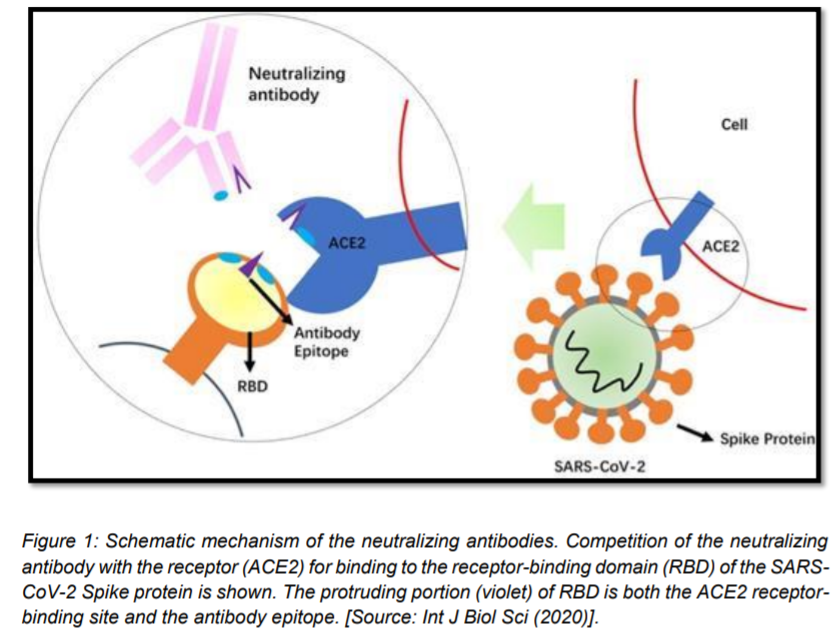
COVID-19 and Brain Health
Global pandemic takes a toll on our brain health: how unexpected uncertainty makes you vulnerable to paranoiaBy Dr. Shripriya Singh
